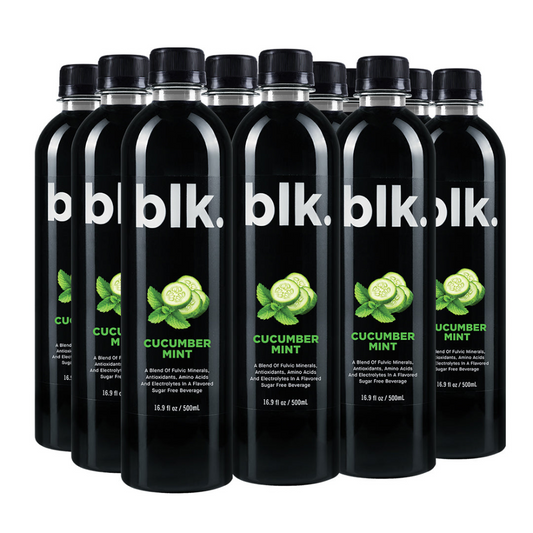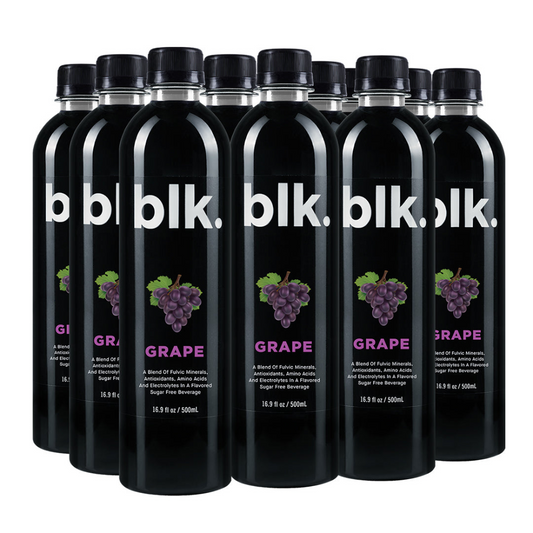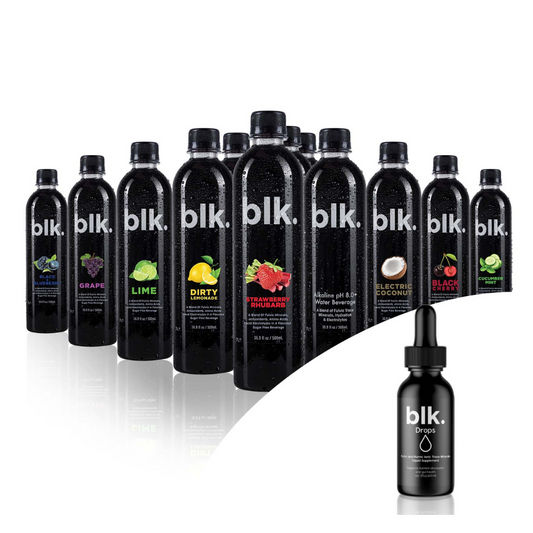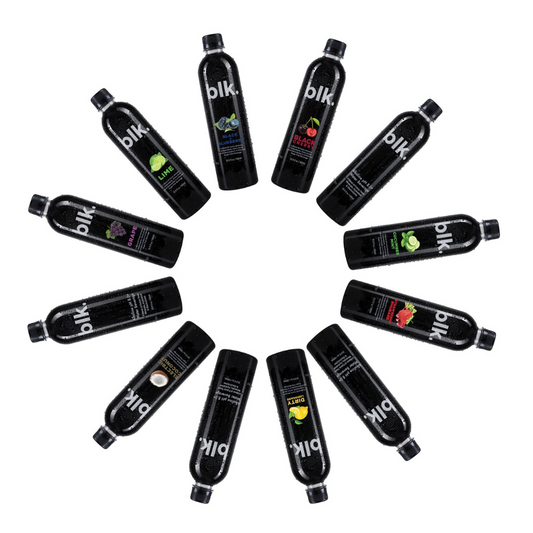
Why Hydrolyzation Makes Whey Protein Superior
This article seeks to provide more information about the following:
- What is whey protein?
- What is hydrolyzation?
- What are the benefits of hydrolyzed whey protein?
Have you ever wondered why whey protein is considered the best protein supplement?
The answer lies in the hydrolyzation process. Hydrolyzed whey protein undergoes hydrolysis to increase its absorbability, making it a highly effective supplement for fitness enthusiasts, athletes, and anyone looking to improve their overall health. In this article, we will talk about the hydrolysis process and see how it improves the quality of whey protein.
What is Whey Protein
Whey protein and casein are the two main types of protein found in milk. Whey protein is derived from milk during cheese-making when the curd is separated from milk. The liquid part is called whey, which is dried and concentrated to make whey protein.
There are different types of whey protein depending on the processing technique. They include:
- Whey protein concentrate- Whey protein concentrate is less processed, and the protein concentration varies from 40%-80%, depending on the brand.
- Whey protein isolate- Whey protein isolate undergoes further processing to increase the purity of the protein. The protein is isolated from other substances like fat and carbs to increase its concentration to more than 90%.
- Whey protein hydrolysate- Whey protein undergoes a hydrolyzation process in which the protein is broken down to make it easily digested and absorbed.
All whey protein forms have the same amino acid profile, but whey protein hydrolysate is superior because of its bioavailability and easy digestion.
The Science of Whey Hydrolyzation
Hydrolyzation or hydrolysis involves a chemical process in which a water molecule is used to break bonds between substances. Whey protein is a polypeptide whose building blocks are amino acids joined together by peptide bonds.
During hydrolysis, whey protein is broken down into smaller peptides and free amino acids. The process mimics what naturally occurs in the stomach during digestion, where enzymes break down the protein into dipeptides and tripeptides that are easily absorbed into the body. Hydrolyzed whey protein is pre-digested, making it easier for the body to digest and absorb.
Types of Hydrolysis
There are different ways in which whey protein can be hydrolyzed, either using acids or enzymes. Both methods have similar effectiveness, although acidic hydrolysis is the most common process because of its commercial viability.
Acidic Hydrolysis
This is a chemical reaction in which acidified water is used to break down the protein bonds. Hydrochloric acid is commonly used in the process. Although there are claims that hydrolysis using acids may destroy some amino acids, the effect can be circumvented using oxidation methods before using the acids.
Enzymatic Hydrolysis
Enzymes are substances that facilitate faster chemical reactions. Proteolytic enzymes are added to the whey protein, and the protease enzyme is the most common enzyme used in the hydrolysis process that triggers the breaking down of whey protein. Other enzymes that can break down the protein include trypsin and pepsin.
The Benefits of Hydrolysed Whey Protein
Improved Digestion
The hydrolysis process pre-digests the protein making the work easier for the stomach. Besides, the hydrolysis process reduces the amount of lactase in whey protein, making it easier for lactose-intolerant people to digest.
Faster Absorption
Whey protein hydrolysis increases the bioavailability of the protein. Bioavailability is the rate at which a substance can be absorbed and utilized by the body. Hydrolyzed protein is more rapidly absorbed into the body than other protein forms because it is broken down into free amino acids and smaller dipeptides and tripeptides. Dipeptides and tripeptides have a lower average molecular weight, which makes them easier to be absorbed into the bloodstream.
Increased Muscle Growth and Faster Recovery
Hydrolyzed whey protein increases muscle growth by improving muscle protein synthesis. Muscle protein synthesis is the process by which amino acids build and repair muscles. Whey protein has all the essential amino acids, including leucine, which is vital in muscle protein synthesis. Hydrolysis breaks down the protein into free amino acids, which are absorbed faster and saturate the muscles.
Muscle growth is also achieved through the insulinogenic effect of whey protein. The insulinogenic effect is a phenomenon in which whey protein triggers more insulin secretion. Insulin has been associated with increased concentration of essential amino acids like leucine and isoleucine, which is helpful in muscle protein synthesis.
Improved Blood Sugar Levels
Insulin is the hormone responsible for regulating blood sugar levels. We have already talked about how whey protein improves insulin secretion through the insulinotropic effect. Whey protein hydrolysate is absorbed faster into the body, triggering insulin production faster to regulate blood sugar levels. This is particularly helpful for people with type 2 diabetes.
Boosting the Immune System
Hydrolyzed whey protein contains essential amino acids that support immune function. The amino acids are easily absorbed into the body to promote overall well-being.
Conclusion
In conclusion, whey protein hydrolysis has many benefits that make it superior to other forms of protein. The hydrolysis process breaks down the protein making it easier to digest and absorb the protein. Some benefits shown include improved digestion, faster absorption, improved muscle growth, faster muscle recovery, improved blood sugar levels, and better immunity. Whether you are a seasoned athlete, a fitness enthusiast, or just looking for ways to improve your overall health, hydrolyzed whey protein is the best choice.
Frequently Asked Questions
-
Can People with lactose intolerance use hydrolyzed whey protein?
-
How much hydrolyzed whey protein should I take per day?
-
Can Hydrolysed whey protein be used for weight loss?
-
Can hydrolyzed whey protein be used for vegetarians or vegans?
-
How long does it take to see the results from hydrolyzed whey protein?




